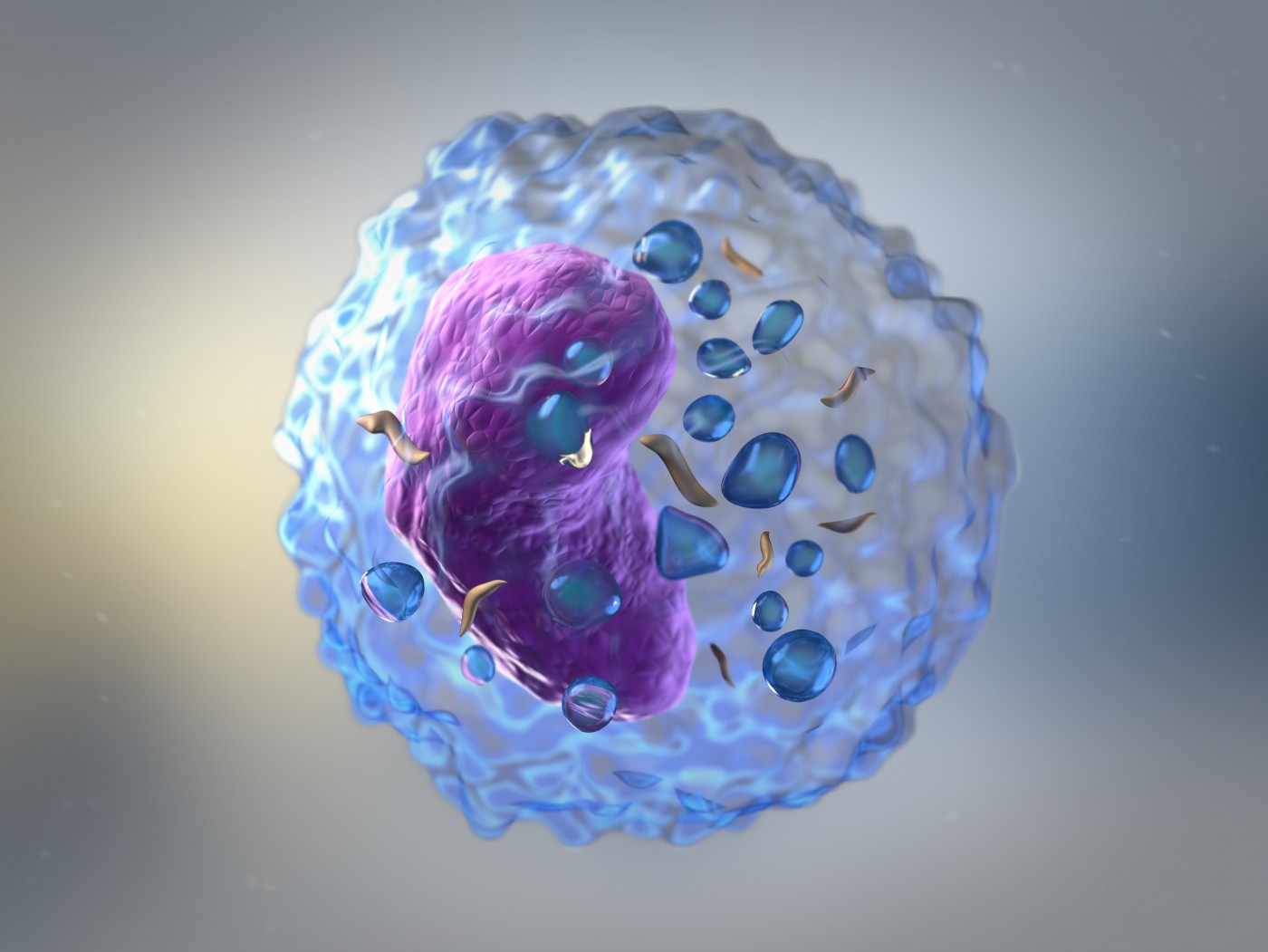PDE4 Enzyme Inhibitors Improve Movement in Mice with Batten Disease, Study Shows

Compounds that inhibit the effects of enzymes linked to brain inflammation improve movement in mice with both early and advanced Batten disease, according to a study.
The compounds are called PDE4 (3 phosphodiesterase‐4) inhibitors because they suppress PDE4 enzyme activity.
University of Nebraska Medical Center researchers said their study was the first to demonstrate that PDE4 inhibitors can reduce Batten movement problems. Their findings suggest that the inhibitors could become effective treatments for the disease.
The study, “Efficacy of phosphodiesterase‐4 inhibitors in juvenile Batten disease (CLN3),” was published in the journal Annals of Neurology.
Juvenile Batten disease, also called juvenile neuronal ceroid lipofuscinosis, is caused by mutations of the CLN3 gene. Under normal conditions, the gene encodes a protein called battenin, which is involved in digesting and recycling unwanted cell components. A CLN3 mutation leads to an accumulation of unnecessary proteins in cells, a condition that can manifest itself as a disease affecting the nervous system.
Researchers treated mice with Batten disease and normal mice with three types of PDE4 inhibitors for six to nine months. Some mice started the treatment at one month and others at three months.
The team used a method called accelerating rotarod testing to assess the mice’s ability to move. They also studied how PDE4 inhibitors affect a number of signaling pathways involved in the development of Batten disease.
Levels of a molecule called cAMP that plays a key role in maintaining brain cell function were significantly lower in the brains of Batten mice, researchers found. They discovered that one of the PDE4 inhibitors they used — PF‐06266047 — restored levels of cAMP, however. The molecule is also known as cyclic adenosine monophosphate.
In addition, the PDE4 inhibitors significantly improved the Batten mice’s ability to move, the team discovered.
A hallmark of Batten disease is brain inflammation caused by a type of brain cell known as a glial cell. Another hallmark is a decrease in levels of a protein called glutamate transporter in glial cells called astrocytes. Both characteristics, which are found in other neurodegenerative diseases as well, damage the brain.
PDE4 inhibitors decreased glial cells’ inflammation-promoting activity and restored levels of glutamate transporter in astrocytes. The result was that the brain returned to a more normal state.
The inhibitors also improved movement in Batten mice regardless of the stage of their disease. This suggested they could be used to treat patients with a more advanced stage of the disease.
Finally, researchers found that PDE4 inhibitors generated no serious side effects on the heart, digestive and reproductive systems, another promising sign of their potential to treat Batten disease.





